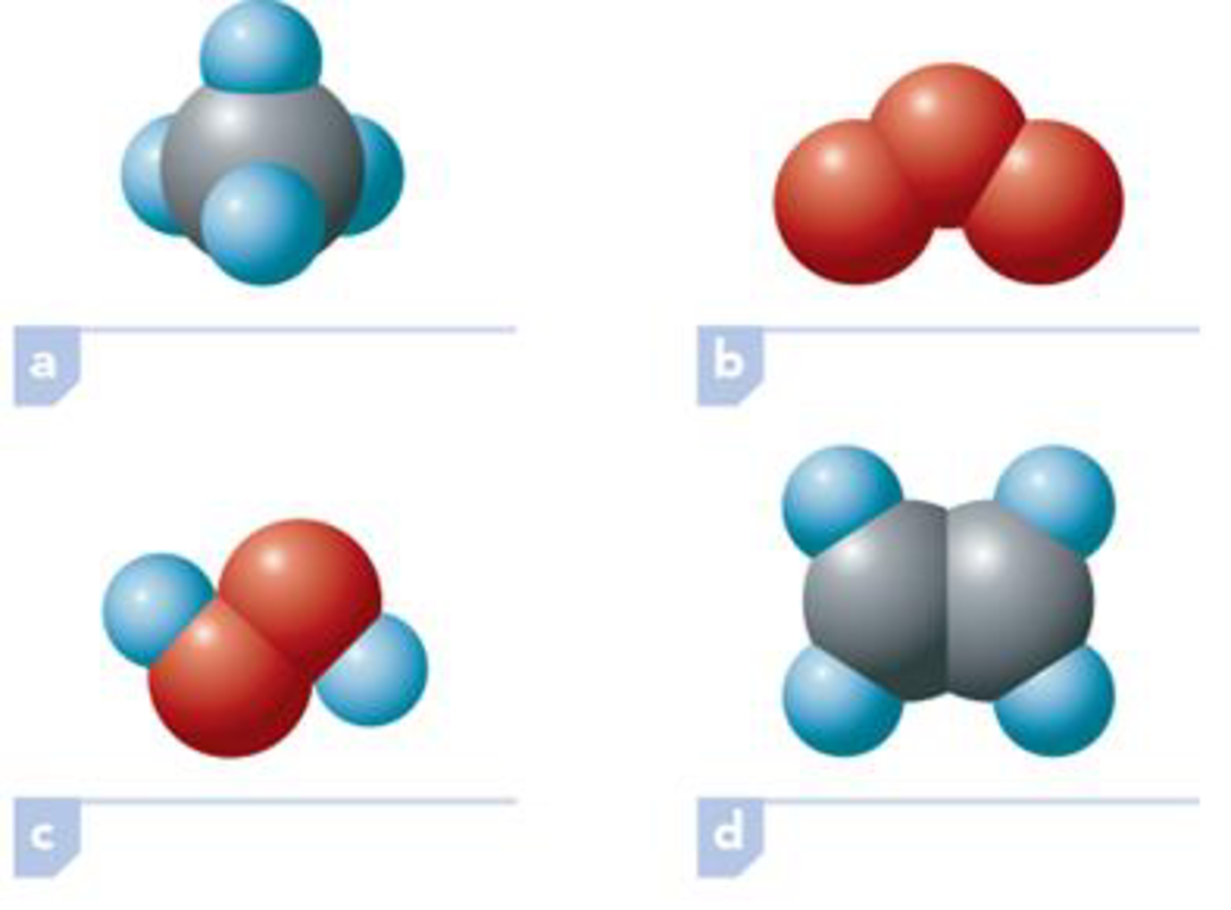The Smallest Particle Of An Element
- The Smallest Particle Of An Element That Retains The Properties Of That Element
- What Is The Smallest Subatomic Particle
- The Smallest Particle Of An Element That Still Has The Element's Properties
I believe the answer is:
This clue is a double definition.
'smallest particle' is the first definition.
(I've seen this before)
'an element' is the second definition.
(thesaurus)
'of' acts as a link.
The Smallest Particle Of An Element That Retains The Characteristics Of The Element Is A (n). Question: The Smallest Particle Of An Element That Retains The Characteristics Of The Element Is A (n) Proton Atom Electron Neutron Nucleus This problem has been solved! The smallest indivisible particle of an element that can exist is called: A. In particle physics, an elementary particle or fundamental particle is a subatomic particle with no substructure, i.e. It is not composed of other particles. (pp1–3) Particles currently thought to be elementary include the fundamental fermions (quarks, leptons, antiquarks, and antileptons), which generally are 'matter particles' and 'antimatter particles', as well as the fundamental bosons.
(Other definitions for atom that I've seen before include 'Smallest particle in an element able to take part in a chemical reaction', 'little amount', 'Smallest component of an element', 'A cat,', 'Bit of make-up'.)

Similar clues
Recent clues
Related clues

What is the smallest particle of a compound?
1 Answer

The smallest particle of a compound which is capable of existing on its own is a Molecule- not an atom.

The Smallest Particle Of An Element That Retains The Properties Of That Element
Explanation:
What Is The Smallest Subatomic Particle
A compound can be broken down into molecules. To be specific,a molecular compound can be broken down into molecules and ionic compounds can be broken down into units,which you can consider as molecules of an ionic compound. The smallest particle of a compound capable of existing on its own is a Molecule-not a atom. An atom is the smallest particle capable of existing on its own of an ELEMENT. And yes,atoms can be further broken down into electrons,neutrons and protons.
Electrons are indivisible.
Protons and neutrons can be further divided into quarks.
Quarks are indivisible.
Since quarks and electrons are indivisible,they are called fundamental units. Note: Quarks,electons,protons,neutrons are incapable of individual existance.
The Smallest Particle Of An Element That Still Has The Element's Properties
Related questions
